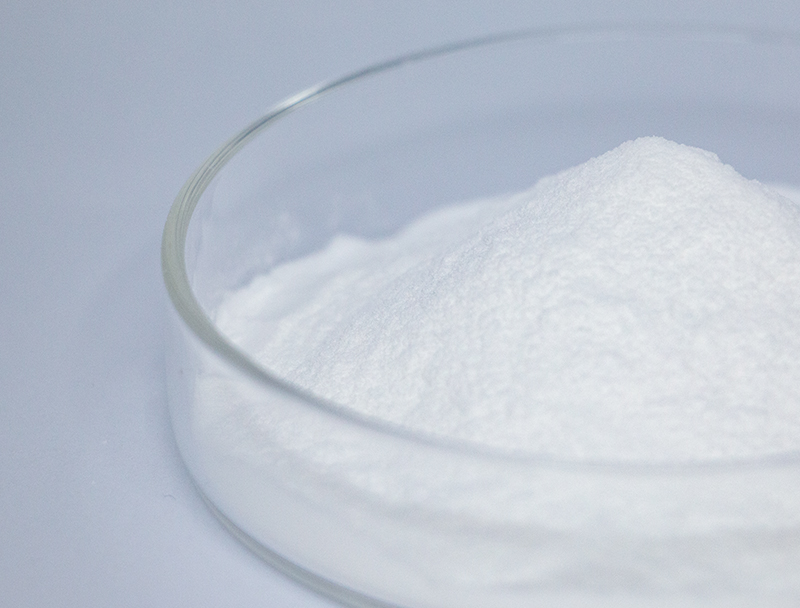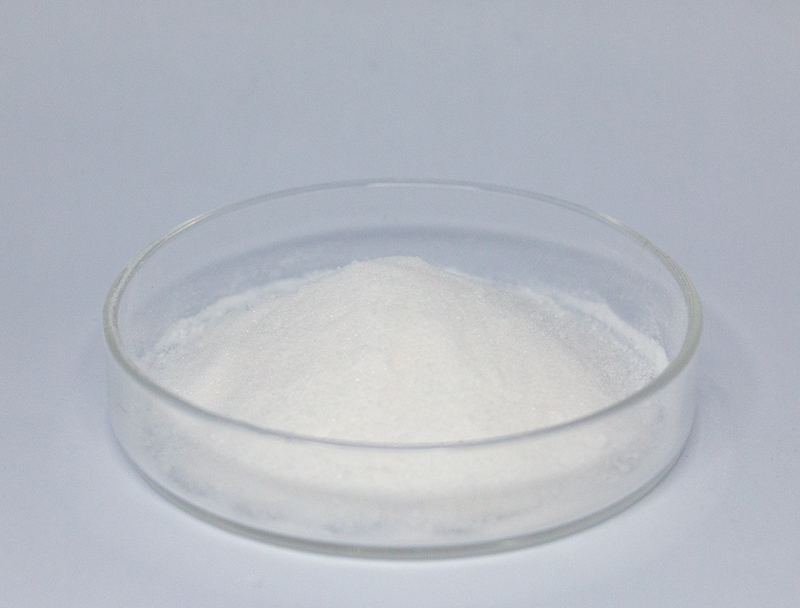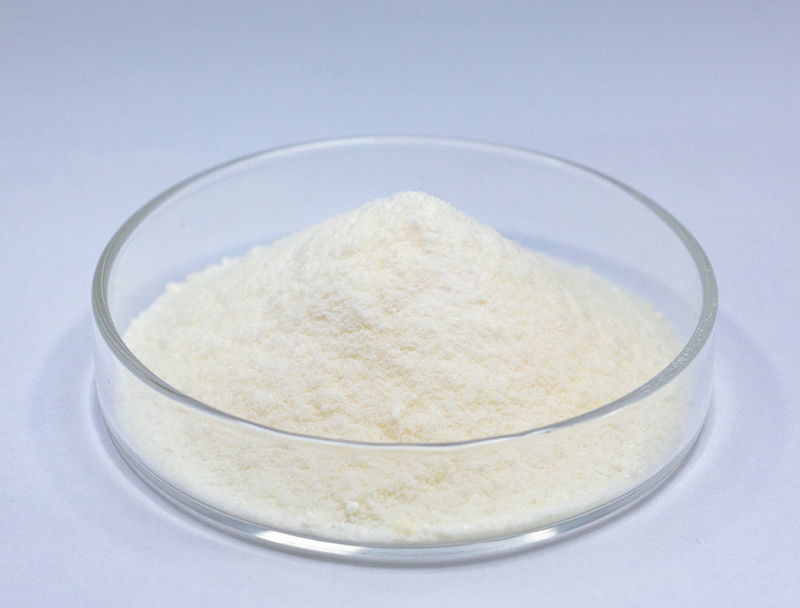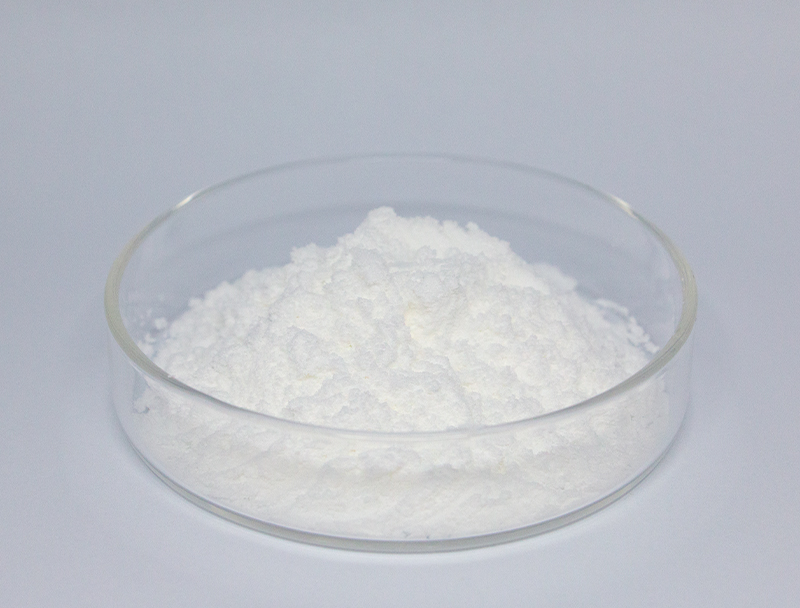
Bioprocessing depends strongly on an extensive collection of primary inputs for generating cutting-edge biobased goods.
Protecting environmentally mindful sourcing dictates persistent stability and principled industry advancement.
various risks tied to conventional feedstock acquisition for example habitat harm and overextraction of resources. Consequently, biotech firms need proactively to adopt sustainable procurement approaches to reduce environmental impact.
- Representations of ethical supply approaches are:
- Using repurposed agricultural residues as substrates
- Applying zero-waste frameworks to limit waste and optimize resource use
- Collaborating with regional vendors focused on fair procurement
Embracing sustainable procurement produces environmental benefits with profitable potential.
Improving Biomass Inputs to Boost Biofuel Yields
Enhancing biofuel output is grounded in superior feedstock characteristics. Research teams persist in studying techniques to boost feedstock performance, creating higher productivity and an eco-friendlier fuel landscape. Approaches include genomic enhancements to boost biomass growth and processing methods to convert complex lignocellulose into fermentable sugars.
- In addition, projects pursue feedstocks like algae, waste fractions, and harvested residues to enlarge the selection of eco-friendly biomass for bioenergy.
- By means of ongoing innovation the biofuel sector can achieve substantial advances soon, shaping a cleaner energy future.

Biopharmaceutical Production: Innovations in Upstream Processes
entails beginning production stages such as cell growth and biomass recovery Contemporary breakthroughs have refined protocols and elevated product throughput.
Notable improvements feature new expression systems, refined media recipes, and automated reactor platforms. These refinements escalate production and lower expenses and environmental strain.
- In addition, momentum toward nonstop processing offers improved flexibility and optimized operational flow.
- Embracing sophisticated manufacturing strategies is poised to change industry norms and shorten development cycles.

Advances in Gene Editing to Boost Therapeutic Production
breakthroughs in precise gene modification systems have reshaped biopharma production. By accurate genomic tuning, developers enhance yields of critical biopharmaceuticals. The strategy paves the way toward accessible, high-yield therapeutics across disease spectra.
Microbial Solutions for Greener Bioremediation Practices
state-of-the-art biological cleanup solutions using targeted microbial actions. Microorganisms possess the remarkable ability to degrade and transform harmful pollutants into less toxic substances.. Applying microbial remediation systems creates low-impact cleanup options that address contamination efficiently.. Study groups probe microbial metabolic diversity to tackle metals, persistent pesticides, and hydrocarbon spills.. Organisms may be utilized in controlled reactors or in place to accelerate contaminant decomposition through biodegradation..
The use of microbial biotechnology in bioremediation offers several advantages over conventional methods. It is a cost-effective and environmentally friendly approach that minimizes the generation of harmful byproducts. Furthermore, microbial solutions are highly specific, allowing for the remediation of particular pollutants without disrupting the broader ecosystem. Research efforts persist to upgrade the potency and implementation of microbial remediation strategies.
Leveraging Bioinformatics for Novel Therapeutics
Bioinformatics techniques are integral to present-day therapeutic development workflows. By screening targets and refining candidate molecules, informatics drives faster, evidence-based development.
- By parsing huge omics and clinical databases, bioinformaticians detect targets and estimate therapeutic responses.
- Concurrently, virtual screening and simulation shape the development of more effective therapeutics.
- In conclusion, computational biology reshapes discovery pipelines and speeds delivery of reliable treatments for patients.
Optimizing Metabolism to Increase Bioproduct Production
applies assorted techniques to boost microbial synthesis of valuable compounds. Tactics can encompass genetic engineering to reconfigure metabolism, promoter modulation to adjust expression, and pathway insertion to enable new reactions.. Through strategic metabolic edits practitioners can markedly increase the synthesis of target products.
This comprehensive strategy could transform numerous sectors such as pharmaceuticals, farming, and renewable energy.

Scaling Biopharma Production: Hurdles and Advantages
Industrial-scale production introduces demanding hurdles as well as strategic advantages. Keeping consistent product performance at elevated volumes is a significant challenge. Tackling it demands tightly integrated control systems, precise surveillance, and state-of-the-art analytics.

A further difficulty lies in process complexity, with many interdependent production phases.. Translating lab methods into scalable operations needs heavy research and technology breakthroughs.. However, the prospective rewards are sizable. Well-executed upscaling can improve therapy access, decrease costs, and enhance economic performance.
Various efforts target the core issues of industrialization. Initiatives involve optimization platforms, high-resolution analytics for process control, and novel manufacturing frameworks.
- Ongoing innovation drives improvements in industrial production capability.
- Oversight institutions are updating guidelines to ease approval of manufacturing advances and catalyze innovation.
Regulatory Considerations to Maintain Biopharmaceutical Safety and Performance
The development of biopharmaceuticals is a complex process that requires stringent regulatory oversight to ensure both patient safety and product efficacy. Biologically derived medicines entail particular manufacturing and regulatory complexities compared with chemical drugs.
Organizations like the FDA and EMA provide essential guidance and set standards for authorizing novel biotherapeutics..
Robust assay and safety testing are obligatory from discovery through post-marketing surveillance.. The measures work to spot potential hazards and validate that therapies reach demanding safety levels..
Likewise, authorities progressively modify regulatory tactics to follow the speed of innovation in biopharma.. Measures involve adopting innovative technologies and enabling development acceleration without compromising patient welfare.

Plant-Derived Feedstocks as a Route to Sustainable Bioplastics
Increasing interest in sustainable materials spurs innovation in renewable resource development. Bioplastics produced from plant biomass form a compelling option for lowering environmental footprint. Organic feedstocks like cornstarch, cellulose, and sugarcane can be converted to compostable polymers that shrink the environmental footprint of plastics.
Similarly, selected bioplastics offer analogous properties to traditional plastics suitable for many applications.. Continuous development will unlock plant biomass value for sustainable bioplastic production and support circular systems.
Biotech Innovations Addressing Health and Food Challenges
Biotechnology equips researchers with methods to tackle health crises and bolster food availability. Using genome engineering, synthetic biology techniques, and cell-based treatments, innovators devise ways to tackle pathogens, amplify yields, and improve nutrition.. For instance, genetically modified crops can be engineered to resist pests and environmental stresses, leading to increased agricultural production and L-arginine-α-ketoglutaric acid reduced reliance on harmful pesticides.. Similarly, biotech contributes advanced vaccines, antimicrobial strategies, and diagnostic techniques crucial for infectious disease management and health advancement.. As innovations mature, biotechnology can provide meaningful contributions toward global health and resilient food supplies for future generations.
